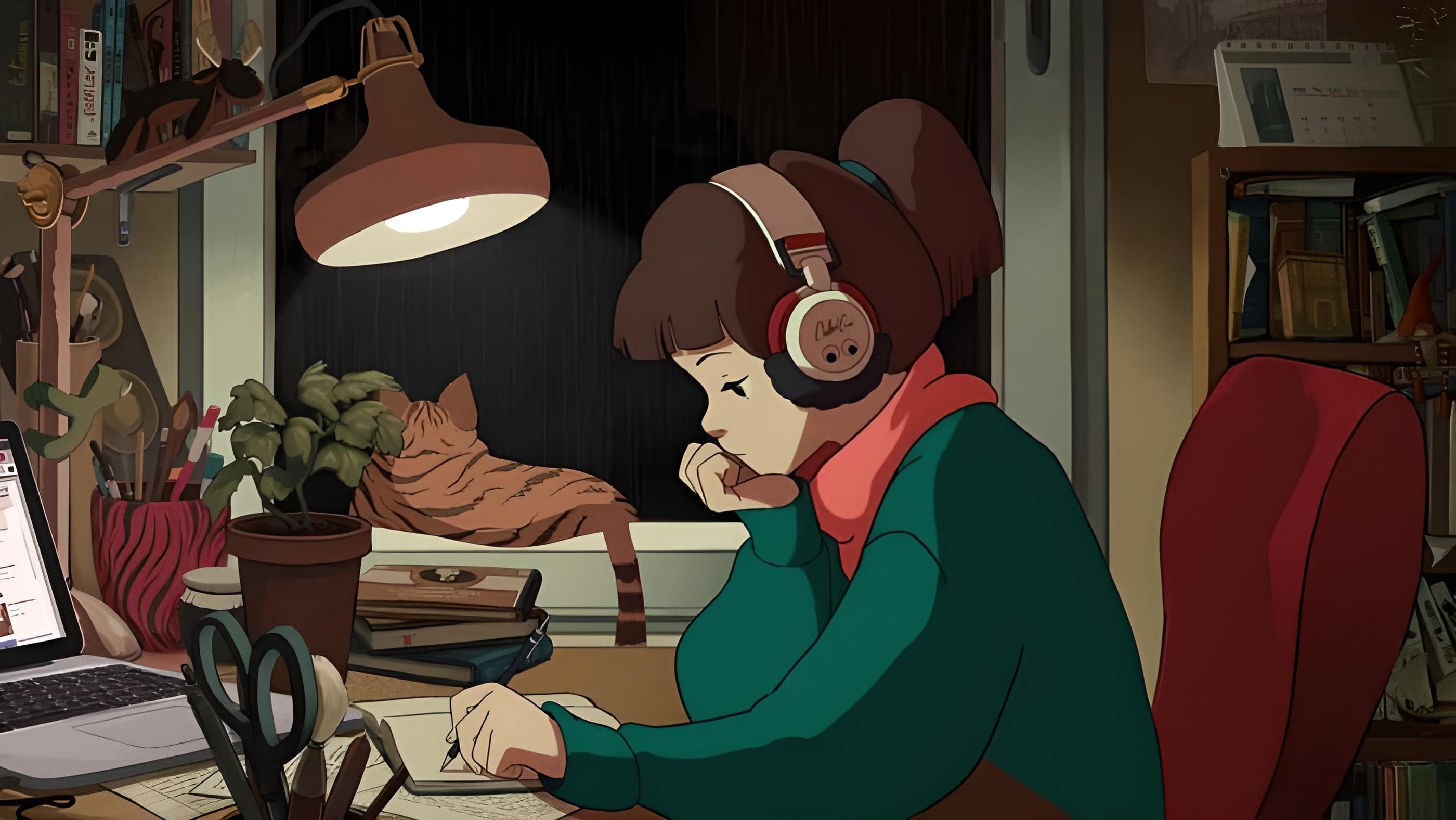The largest difficulty for me which I encounter is simply finding a reason to write. Writing is no longer the single form of stored communication. Namely video/audio recordings and online websites. Probably the single largest disadvantage of writing is the audience. For propaganda purposes videos are a much better form. It’s easier to passively consume a video than it is to passively consume a book. One requires more effort. Putting it succinctly—if you want to get a message out a 10 minute video with shiny graphics is much superior than boring text. Most people, even among those who enjoy reading, will spend more time on YouTube than they do in a book. Some will sneer at this and say you can’t replace books with videos, but is that really true? What makes books an inherently superior means of communication? Does this have historical precedent? And I think the answer is simply no. I think philosophers (good ones) are generally considered smart people. Plato communicated in dialogues. I don’t believe Plotinus ever wrote a thing. Most modern philosophers are employed in an academic setting and give lectures. This is commonly accepted and always has been. I think much of the nostalgia around books is driven by kind of a yearning for books themselves, and not actually the information which is contained inside. Then it may be different from person to person, but I find I retain more when the information has been given to me in video form.
Then there comes a different aspect of it. The editorial and censorship department. While in theory you can release your writing by self-publishing or on a blog, the most likely result is that even if you possess the literary talent of the generation or your philosophy surpasses all that come which came before, reality is nobody will probably end up reading it and you will die in obscurity, quickly forgotten. The writers who have been canonized have been so not only because of talent (though even here I think for many it’s highly disputable), but a good bit of luck and coincidences of history. Ideally you want a platform. Not anybody can publish in a newspaper or for a publisher. Newspapers have two aspects of them. First, there’s the commercialization part of it. Ideally you shouldn’t be boring and be on a trending topic. Then I believe to be equally as important is the ideological component. If you write something which goes against everything the newspaper has published up until the point, you got no chance of being accepted. Sometimes you’ll see controlled opposition, but it’s mostly something for the newspaper to point at for plausible deniability if anybody ever levies accusations against them. Then publishing houses are a whole different beast. I believe the majority of readers which go out and buy books are women. This is often trumpeted in headlines, but reality is most of that consumption is just mindless fiction. Which isn’t a bad thing, just to reach the conclusions that these articles often do you’d have to look more into demographics of types of readers of books instead of clumping everybody into ‘readers’. To quote an anonymous post I saw a few days back, “Look we’ve had this discussion a million times, so lets wrap it up quickly. Publishers are staffed by 80% white women, there are only a small handful of big publishers, and the vast majority of books don’t make money so they try to publish people who already have strong social media presence to cut on marketing costs. Did I miss anything? I think there is a discussion to be had of publishers developing a ‘house style’ and taking more editorial control over their authors. It’s a bit like when Marvel movies were the undisputed kings of the box office and the directors were kept on a short leash.” Obviously, you need to sell towards your market, if you’re outside of that or don’t particularly buy into the thinking of the audience then you’re going to have a hard time getting published. Then, again, nobody wants to read your tome that feels as if it came from the 18th century. Probably won’t be given the light of day. Video platforms simply allow you much more freedom.
Thus, I think the most compelling reason to write is if you’re writing for a very cultivated audience. But, really, will there ever be a point in my life where I decide to write such a thing? Because the writing of a book like that is more for the satisfaction of the author, because unless you get lucky, few people will read it. End up like the thousands of other academic journal articles and books professors were compelled to pen to keep up their academic pretensions, often to somebody who doesn’t know better. Vast majority of my writing then ends up as something contrived for school or on the internet. Most of what I’ve written has been in chat rooms, forums, and comment sections. Here nobody cares whether you keep up pretensions. There’s nothing you need to prove because you’re just another username or anonymous poster. It’s a much less artificial environment. Here, I’ve never struggled to write.
